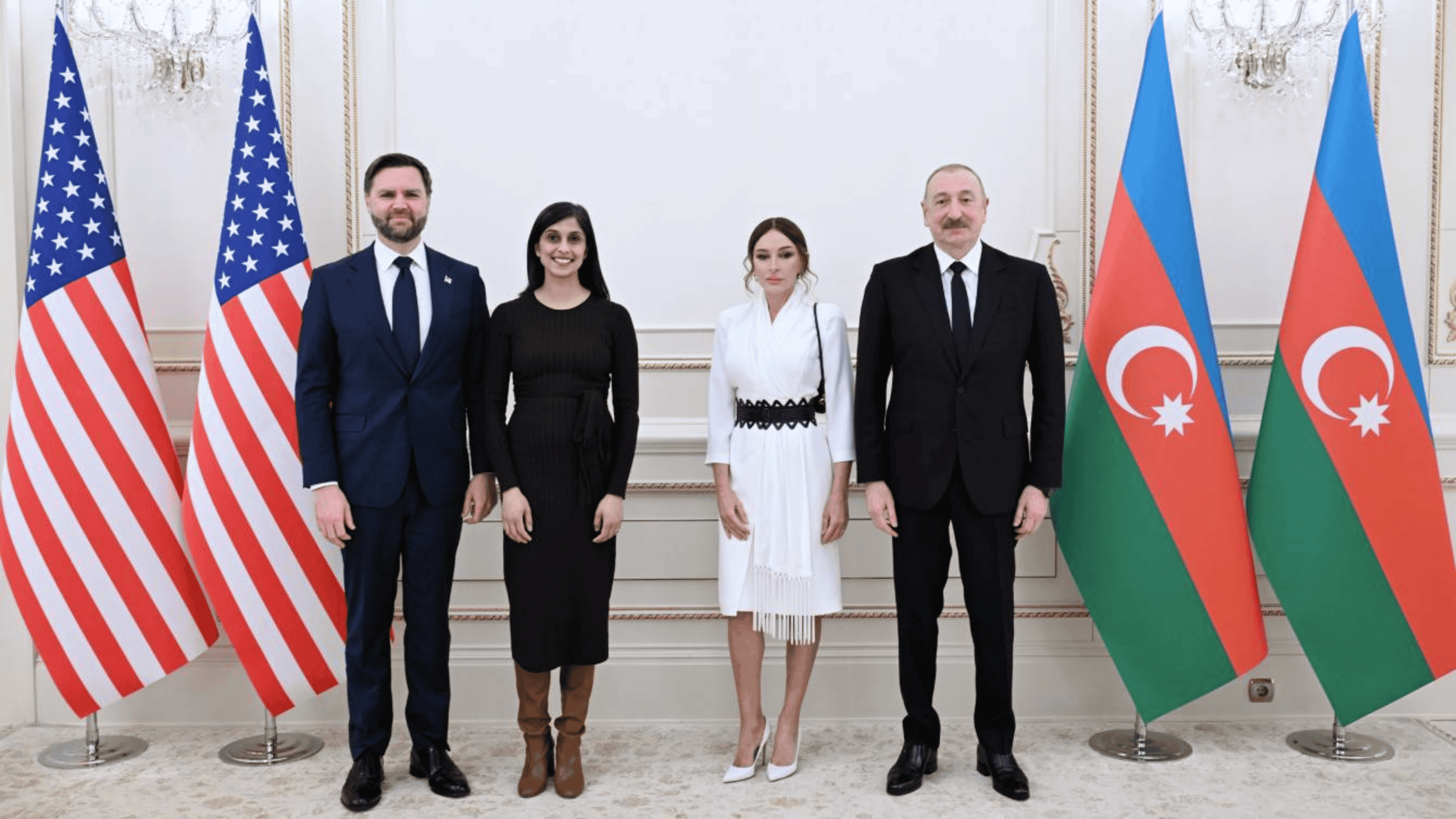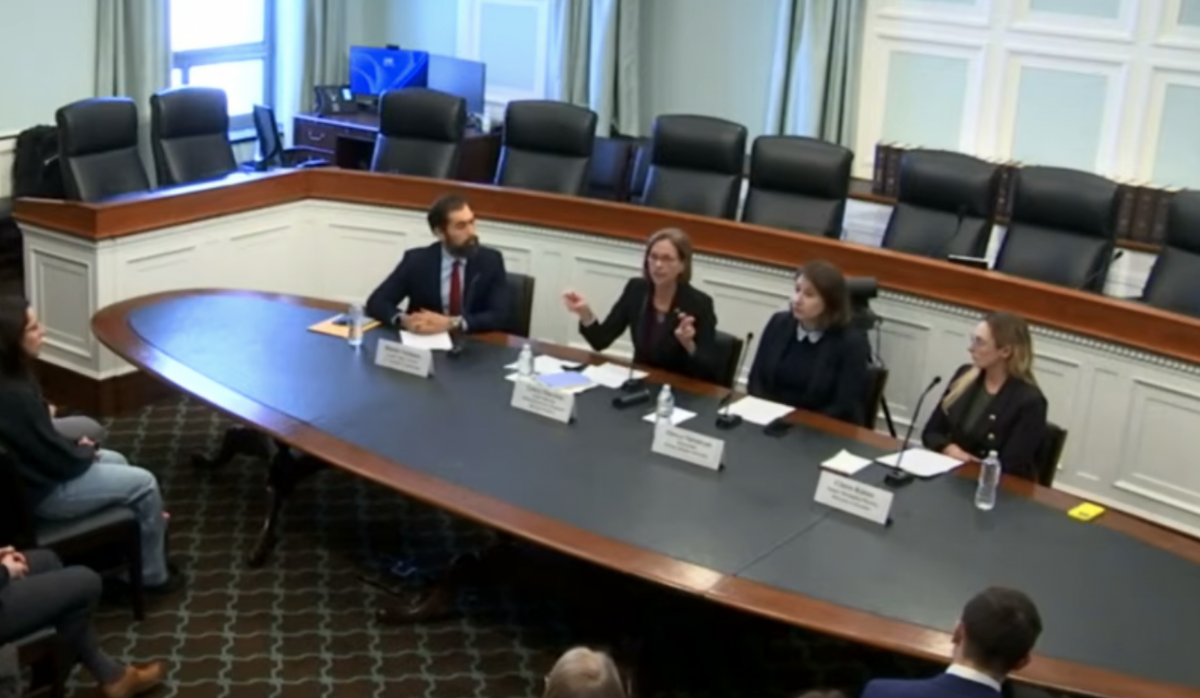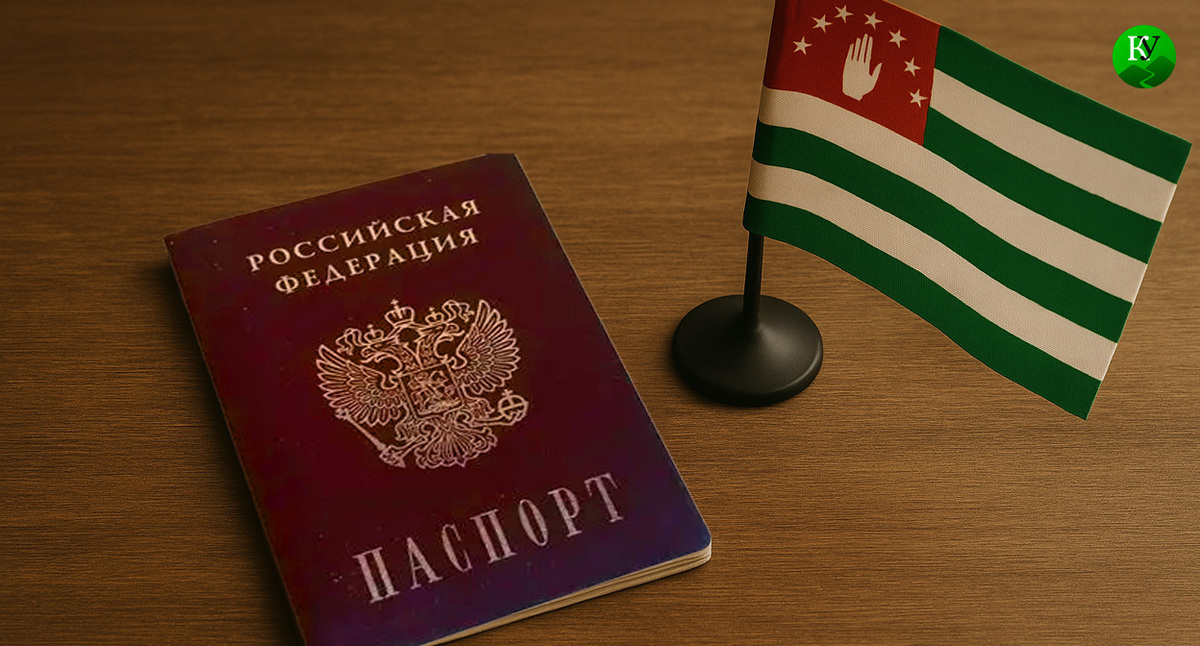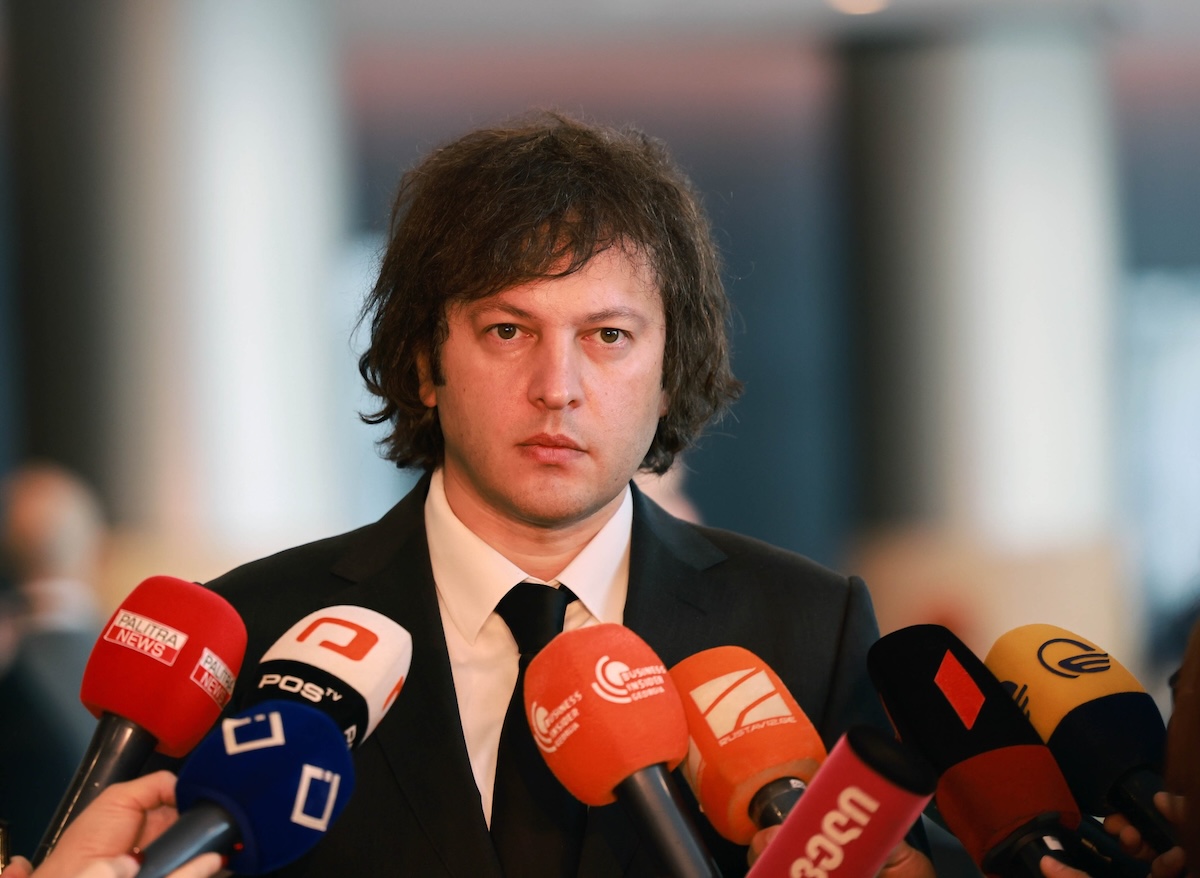What is the "Georgian Charter" and who will sign it? Details of the president's plan
What is Georgian Charter?
The “Georgian Charter” is an action plan presented by president Salome Zourabichvili. The goal of the charter is to unite the pro-European opposition under one symbolic banner as a counterweight to the pro-Russian government in the parliamentary elections on October 26.
Salome Zourabichvili announced the “Georgian Charter” on May 26, Georgia’s Independence Day.
In summary, the president’s idea is as follows:
On October 26, all opposition parties that sign the charter will participate in the parliamentary elections in any form they choose. The charter does not impose any obligations.
There will be a new format: on one side will be the “Georgian Dream,” and on the other, a united pro-European opposition. Voters coming to the polls will effectively choose the country’s foreign policy direction. If they see Georgia’s future with Russia, they will vote for the “Georgian Dream.” If they see it with Europe, they will vote for the opposition.
The elections on October 26 are meant to serve as a referendum of sorts, where people will decide whether to vote for pro-European opposition parties or the pro-Russian “Georgian Dream.”
According to Zourabichvili’s plan, the opposition will form a temporary government that will operate for several months. During this period, this government will implement important reforms to bring the country closer to Europe, after which regular parliamentary elections will be scheduled.
“These elections will effectively be a nationwide referendum where we must answer the question—do we want Europe or not? When we vote for any party that has signed the charter, we are effectively voting for the ‘Georgian Charter,’ and thus for a European future,” said the president.
What does “different unity” mean and what elections will be held on October 26?
The president is proposing that political parties sign the charter to confirm their commitment to its principles.
“This is a kind of unity without unity,” said Zourabichvili.
Does this mean that parties signing the charter must unite into one electoral bloc or coalition?
No. On October 26, all opposition parties that sign the charter will participate in the parliamentary elections in any form they choose. The charter does not require them to unite into a single electoral bloc or create a unified electoral list.
By signing the charter, a party merely confirms that it supports the country’s European course and future, as well as the need for the reforms outlined in the charter.
“After signing this charter, political parties must decide what their [electoral] strategy and tactics will be. This no longer concerns me,” said the president.
A voter who chooses any party that has signed the charter automatically agrees that Georgia’s future lies in Europe.
According to Zourabichvili, the current political and electoral environment does not allow for fair elections where everyone has the opportunity to present their program.
“In these elections, we must decide not who we are voting for, but what we are voting for. Therefore, these elections will effectively be a nationwide referendum where we must answer the question: do we want to be in Europe or not?” said Zourabichvili.
What will the next Parliament be like?
According to the president’s plan, the parliament elected by Georgian citizens on October 26 will be temporary. Instead of serving a four-year term, it will only operate for a few months (specifically five months, as the president envisions the parliament enacting necessary legislative changes during the spring session from February to June 2025). This parliament will have a specific task outlined in the charter.
“This will be a parliament elected for a specific term and created to implement a particular European plan. It must fulfill its obligations according to the charter. After that, it will return its mandate to the voters and conduct new, extraordinary elections in a new, free environment.“
The president stated that this short-term mandate mitigates many risks:
“One of the things that scares voters, as we have seen, is the fear that some force might be tempted to stay in power indefinitely,” noted Zourabichvili.
What will the next government be like?
According to the charter, the future government will not be composed of political party representatives and their appointees, but rather professionals known to the public for their work.
“This will be a completely new model of government. It will not be a government made up of political parties, but a government distinguished by professionalism within society. The process of forming the government will be carried out in coordination with the president,” said Salome Zourabichvili, informing the public about the charter’s contents.
She stated that this plan is a peaceful solution, and she personally takes responsibility for protecting this way of returning to Europe.
“At the same time, this plan will lead us to the good things that our strategic friend America offers us today… It is a peaceful, effective path with a clear goal and is highly European. It means we are returning to our foreign course, which is declared and guaranteed by the Georgian constitution,” the president emphasized.
What task will the temporary parliament face and what reforms will the temporary government implement?
President Salome Zourabichvili’s “Georgian Charter” outlines reforms in more than ten different areas.
Among these, the immediate repeal of the so-called “foreign agent” and “offshore” laws is a top priority.
“We will immediately repeal all laws that contradict the European path and European recommendations. Specifically, the ‘Law on Transparency of Foreign Influence,’ or the ‘Russian Law,’ the Electoral Code, laws on surveillance, offshore laws, and others,” said the president.
She also stated that politically motivated cases against protesters from the 2024 demonstrations will be dismissed, and an amnesty will be declared.
Significant changes are planned for the judicial system, considered the weakest link. The goal is to free the judiciary from clan influences by examining judges’ integrity and the origins of undeclared assets. According to the charter, all judges will be scrutinized, especially those involved in politically motivated cases. There are also plans to strengthen the mandate of jury trials and implement other substantial changes in the judicial system.
Reforms are also planned for the prosecutor’s office, the Ministry of Internal Affairs, the State Security Service, the National Bank, and other institutions.
An important aspect is the reform of the electoral system, which includes changing the procedure for electing the chairman and the members of the Central Election Commission (CEC), lowering the electoral threshold (currently at five percent), restoring the ability to form electoral blocs, revising party financing rules, and granting the diaspora the right to participate in elections.
Who will sign the charter?
The political parties that will join the president’s initiative will be announced on June 1, the deadline set by Salome Zourabichvili.
However, most opposition representatives have already expressed their agreement. Among them are the “National Movement,” “Girchi – More Freedom,” “Ahali,” “Droa,” “Strategy Aghmashenebeli,” “Lelo,” “European Georgia,” and the “Republican Party.”
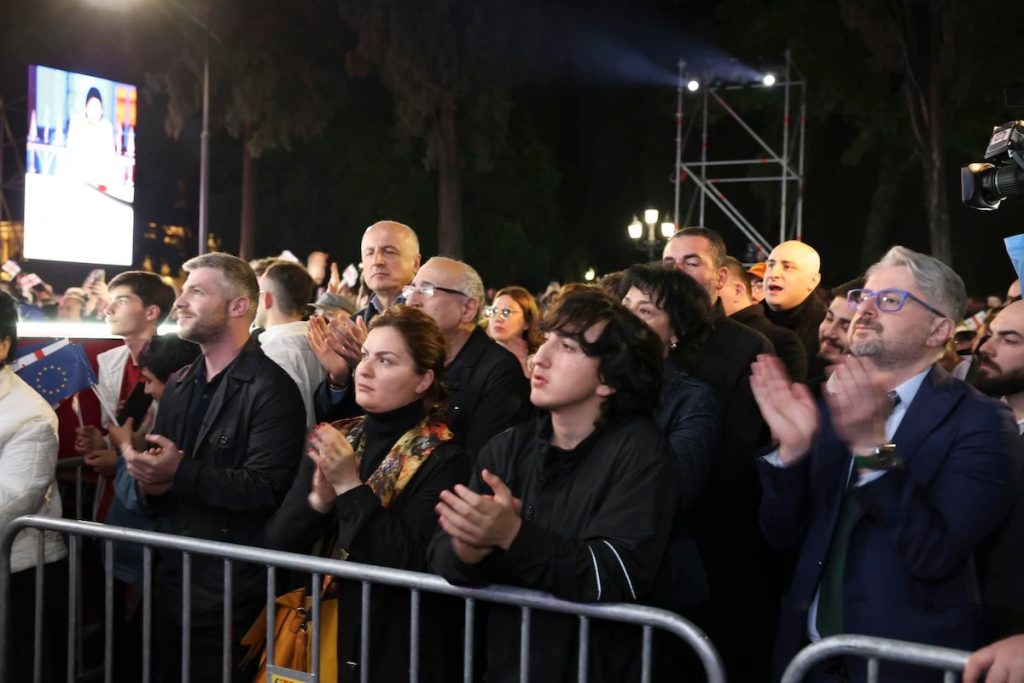
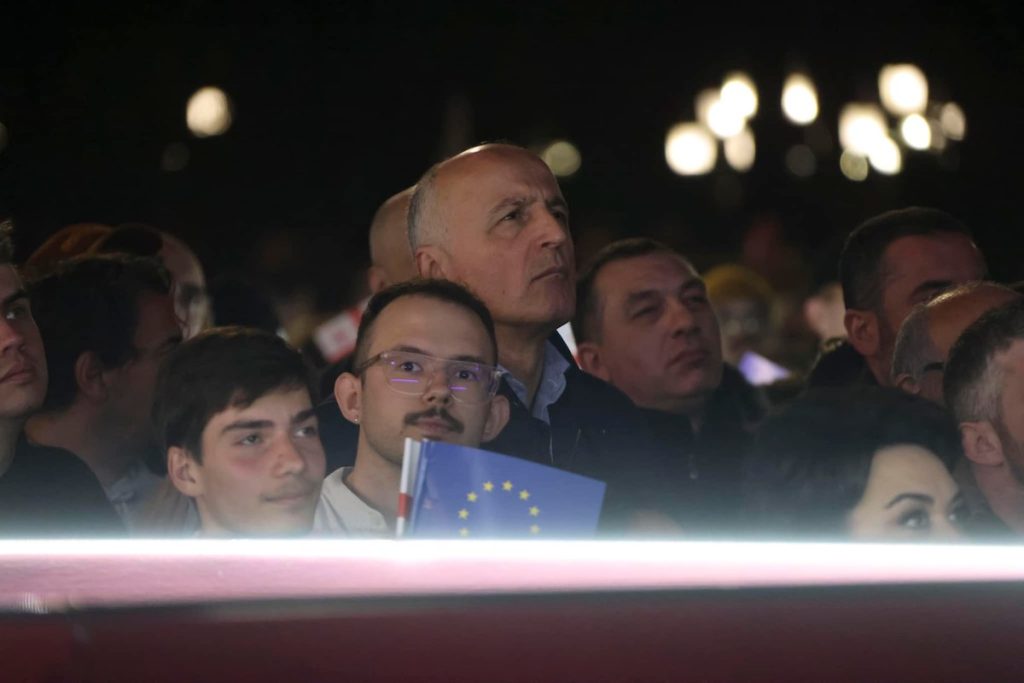
According to politicians, unity is what society expects from the opposition right now.
Agreeing with the president’s plan means that votes cast for pro-Western parties will be pooled together. Additionally, if political parties can set aside their ambitions and collaborate on solving the country’s critical issues, it will send a positive signal to voters.
The only relatively major political player that has shown skepticism towards the president’s initiative and has yet to respond is the party of former prime minister Giorgi Gakharia, “For Georgia.”











